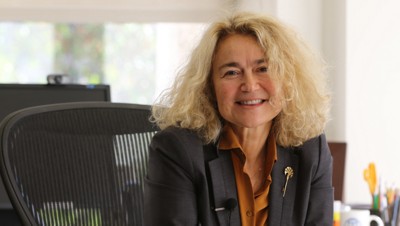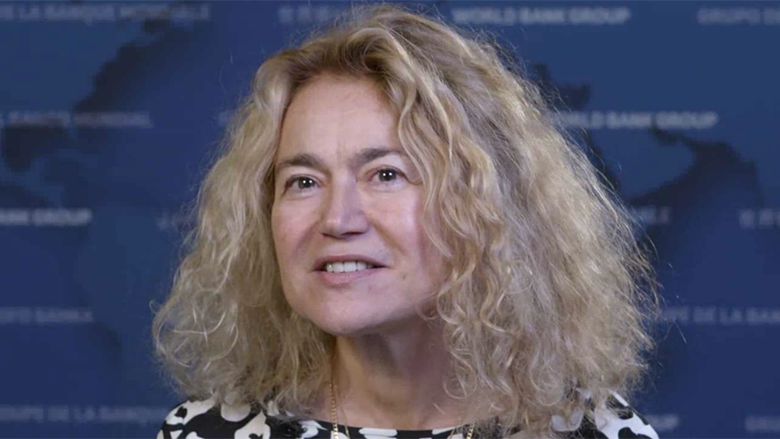Asli Demirgüç-Kunt is a former Chief Economist of the Europe and Central Asia region at the World Bank, a position she held until August 2022, and currently a Non-Resident Fellow at the Center for Global Development. Over her 30-year career in the World Bank, she also served as the Director of Research, Director of Development Policy, and the Chief Economist of the Finance and Private Sector Development Network, conducting research and advising on financial and private sector development issues.
The author of over 100 publications, she has published widely in academic journals and is among the most-cited researchers in the world. Her research has focused on the links between financial development, firm performance, and economic development. Banking and financial crises, financial regulation, access to financial services and inclusion, as well as SME finance and entrepreneurship are among her areas of research. She has also created the Global Financial Development Report series and Global Findex financial inclusion database.
She has been the President of the International Atlantic Economic Society (2013-14) and Director of the Western Economic Association (2015-18) and serves on the editorial boards of professional journals. Prior to joining the World Bank, she was an Economist at the Federal Reserve Bank of Cleveland. She holds a Ph.D. and M.A. in economics from Ohio State University.
MORE FROM Asli Demirgüç-Kunt
- Blog Posts
- Video



